Harvest Rainwater: Efficient Greywater Irrigation for Thriving Gardens
Greywater and rainwater harvesting offer a sustainable solution for gardeners, reducing water consum…….
We are At Your Service
In the pursuit of sustainability and environmental stewardship, homeowners across Eugene are increasingly embracing eco-friendly plumbing upgrades. These transformations go beyond traditional plumbing systems, encompassing innovative solutions designed to conserve water, reduce energy consumption, and minimize the ecological footprint. This article delves into the world of eco-plumbing, exploring its various facets, benefits, and the potential it holds for a greener future in our community. By understanding these upgrades, their impact, and the underlying motivations, Eugene residents can make informed decisions to contribute to a sustainable home environment.
Definition: Eco-friendly plumbing upgrades refer to the adoption of water-efficient fixtures, energy-saving technologies, and sustainable practices within residential plumbing systems. These upgrades aim to reduce water wastage, lower energy bills, and decrease the overall environmental impact associated with traditional plumbing.
Core Components:
Historical Context: The concept of eco-friendly plumbing gained prominence in the late 20th century as environmental concerns grew. Initial efforts focused on fixing leaks and promoting water conservation. Over time, technological advancements have enabled more sophisticated solutions, making eco-plumbing an increasingly viable and attractive option for homeowners worldwide.
Significance: In Eugene’s context, with its diverse climate and growing population, efficient plumbing practices are essential. These upgrades not only benefit the environment by reducing water and energy consumption but also offer long-term financial savings for homeowners. Moreover, they contribute to a more sustainable community and can increase the value of properties, attracting eco-conscious buyers.
The global push for sustainability has significantly influenced the adoption of eco-friendly plumbing upgrades worldwide. Key trends shaping this movement include:
| Region | Trends/Impact |
|---|---|
| North America | The US and Canada have seen a surge in water-efficient fixture installations, driven by government incentives and consumer awareness campaigns. |
| Europe | Strict water conservation policies in many European countries have led to widespread adoption of eco-plumbing practices, with Germany and the UK leading the way. |
| Asia Pacific | Rapid urbanization and growing environmental consciousness drive the demand for sustainable plumbing solutions, particularly in China and Japan. |
| Middle East | To cope with extreme climates, countries like Saudi Arabia and the UAE are investing heavily in efficient irrigation systems and water recycling technologies. |
These global trends demonstrate a collective effort to address water scarcity, energy conservation, and climate change through innovative plumbing practices.
Market Dynamics: The eco-friendly plumbing market is experiencing rapid growth, fueled by increasing consumer demand and supportive government policies. According to a recent report by Grand View Research, the global smart plumbing devices market size was valued at USD 2.5 billion in 2020 and is expected to expand at a compound annual growth rate (CAGR) of 13.8% from 2021 to 2028.
Investment Patterns: Homeowners in Eugene are increasingly allocating budget portions for eco-upgrades, recognizing long-term savings. Government grants and incentives further stimulate these investments, making eco-friendly plumbing more accessible and affordable.
Economic Systems and Benefits: By reducing water and energy consumption, eco-plumbing contributes to lower utility bills for homeowners. Moreover, these upgrades can enhance property values, creating a positive feedback loop that encourages broader adoption of sustainable practices within the community.
Technological innovations play a pivotal role in shaping the future of eco-friendly plumbing:
These advancements not only enhance the efficiency of plumbing systems but also open doors to innovative business models and revenue streams in the home automation sector.
Government policies and regulations significantly influence the adoption of eco-friendly plumbing:
These policies create a supportive environment for eco-plumbing, fostering market growth and consumer awareness.
Despite its numerous benefits, eco-friendly plumbing faces certain challenges:
Proposed Solutions: To overcome these challenges, education and awareness campaigns can help dispel myths about initial costs and highlight the long-term benefits. Incentive programs and flexible financing options can make eco-upgrades more accessible. Additionally, local governments can provide guidance on space requirements and promote best practices for maintenance.
A family of four in South Eugene decided to transform their outdated plumbing system into an eco-friendly oasis. They installed low-flow fixtures, a solar water heater, and a smart thermostat. The result? A 40% reduction in water usage and a 30% decrease in energy bills, setting a benchmark for sustainable living in the neighborhood.
A local condo association in downtown Eugene embarked on a project to retrofit all units with water-efficient fixtures and smart thermostats. The initiative not only saved residents significant amounts on their utility bills but also reduced the complex’s overall carbon footprint, fostering a sense of community engagement in eco-friendly practices.
The Eugene School District implemented an extensive plumbing upgrade program across its schools. This project included installing dual-flush toilets, efficient urinals, and water-saving landscaping. The district achieved remarkable results, reducing water consumption by 50% and becoming a model for sustainable educational institutions.
The future of eco-friendly plumbing in Eugene holds immense potential:
“Eco-Friendly Plumbing Upgrades for Eugene Homes” represents a significant step towards a more sustainable future. By embracing these upgrades, homeowners contribute to a collective effort to conserve natural resources, reduce energy consumption, and create a healthier environment. The global impact of these practices, coupled with technological advancements and supportive policies, underscores their importance.
As Eugene continues to grow and evolve, eco-plumbing will play a pivotal role in shaping the city’s sustainability landscape. By understanding the benefits, challenges, and future prospects, residents can make informed decisions, ensuring that their homes become havens of environmental stewardship.
Q: How much does it cost to upgrade my plumbing to eco-friendly options?
A: The initial cost varies widely depending on the scope of the project. Simple upgrades like installing low-flow fixtures might range from a few hundred dollars, while comprehensive systems with solar panels and advanced recycling mechanisms can cost several thousand dollars. However, long-term savings often outweigh the initial investment.
Q: Will eco-friendly plumbing systems save me money on my utility bills?
A: Absolutely! Water and energy efficient fixtures, appliances, and heating systems can significantly reduce your utility expenses. According to the US Environmental Protection Agency (EPA), water-efficient fixtures can save an average household up to 30% on their water bills.
Q: Are there any government incentives or grants available for eco-plumbing upgrades?
A: Yes, local and federal governments offer various incentives, including tax credits, rebates, and grants. These programs aim to encourage the adoption of sustainable practices and can make eco-friendly upgrades more affordable. Keep an eye on local government websites and sustainability initiatives for available funds.
Q: How do I know which eco-plumbing solutions are best for my home?
A: Consulting with certified plumbers or sustainability experts is a great starting point. They can assess your home’s unique needs, climate considerations, and budget to recommend tailored solutions. Additionally, exploring case studies and staying informed about the latest technologies will empower you to make informed decisions.

Greywater and rainwater harvesting offer a sustainable solution for gardeners, reducing water consum…….
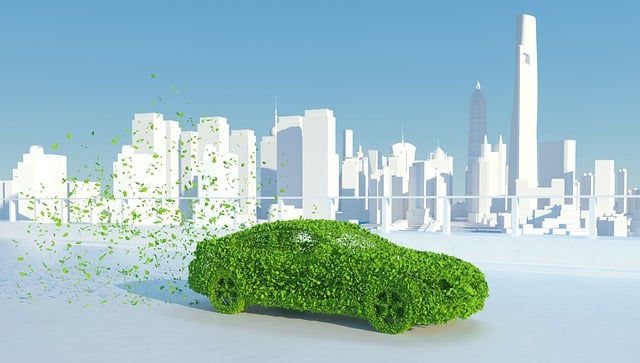
Upgrading to tankless heaters and water-saving toilets can significantly reduce home water consumpti…….

Natural water filtration systems, powered by tankless heaters and eco-friendly media like charcoal a…….
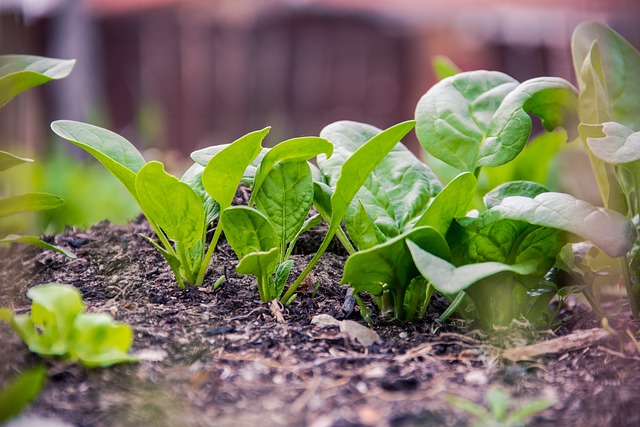
Adopting sustainable landscaping practices is crucial in addressing water scarcity. This involves a…….
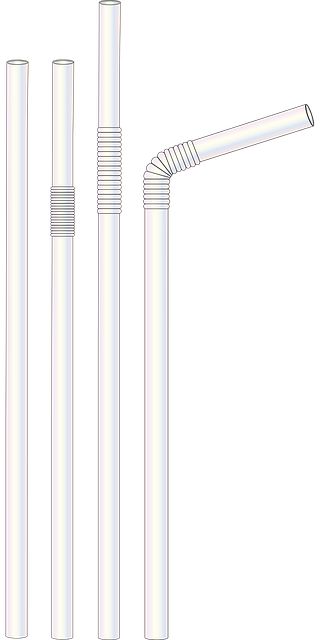
Water recirculation systems with smart monitoring technologies offer a revolutionary solution for fa…….

Traditional chemical drain cleaners pose significant risks to aquatic ecosystems and underground wat…….
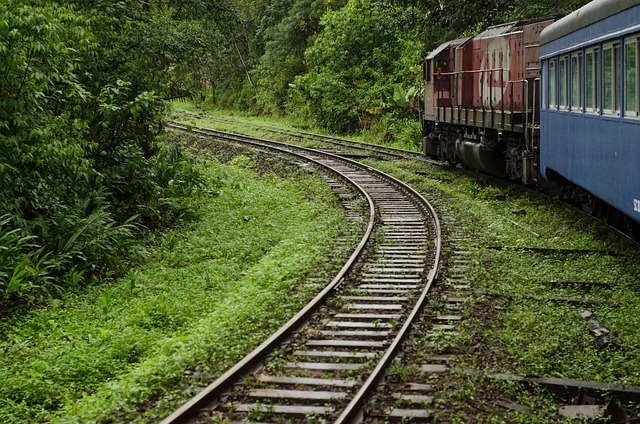
Tankless water heaters, also known as on-demand heaters, revolutionize hot water heating by eliminat…….
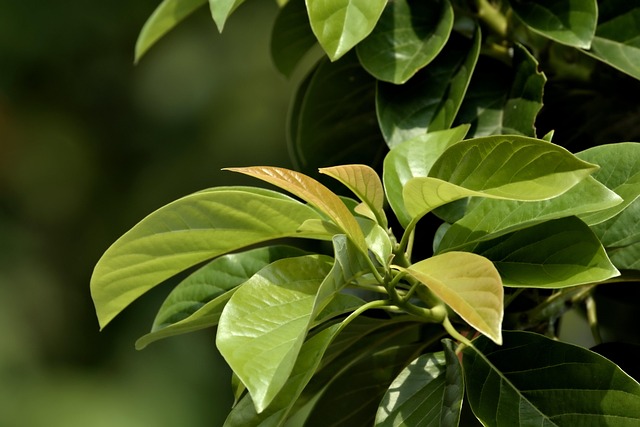
Water softeners, especially energy-efficient models using advanced technologies like ion exchange or…….

Greywater systems, by capturing, treating, and filtering water from household sources like sinks and…….

Energy-efficient appliances, powered by smart monitoring technologies, are transforming homes into e…….